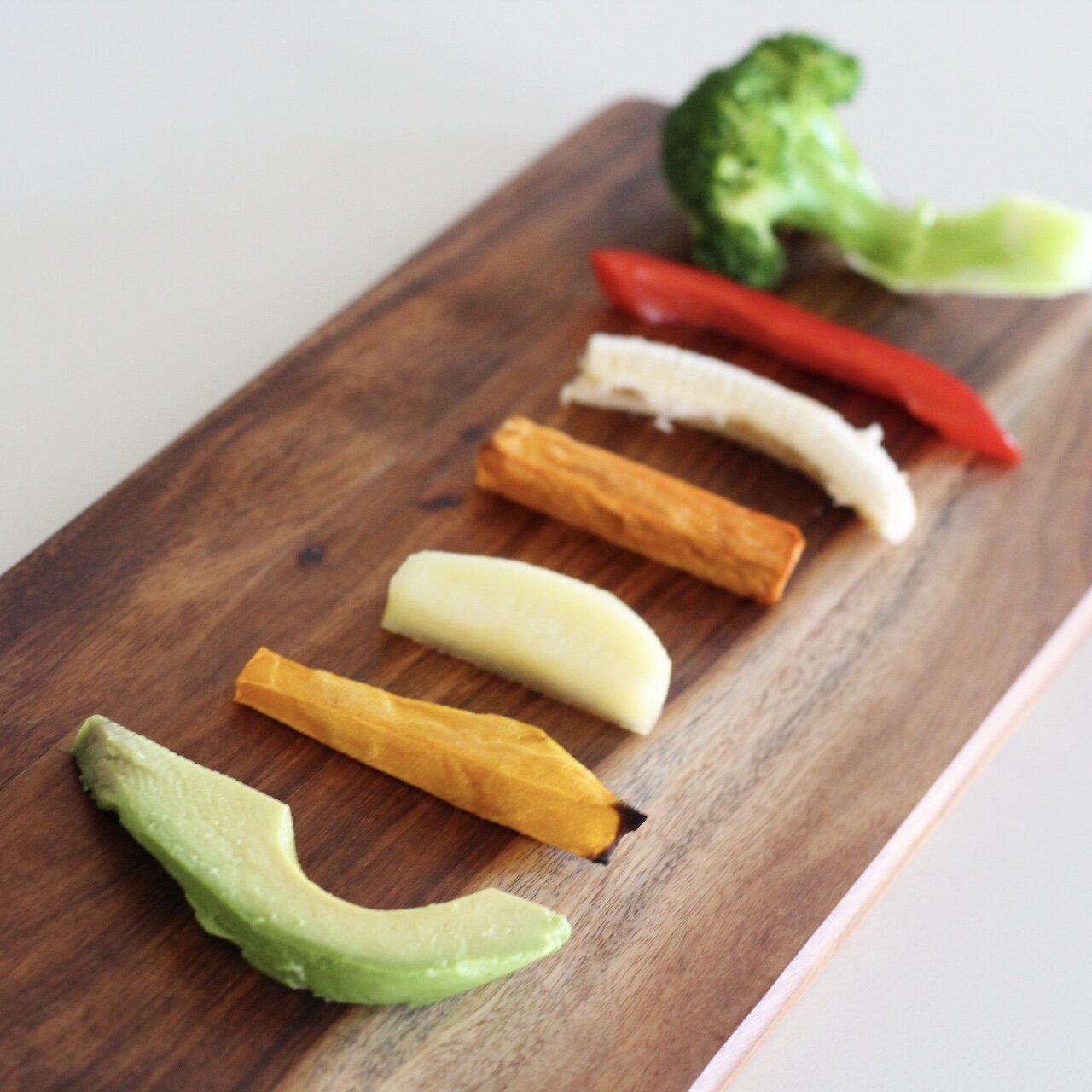Prader-Willi syndrome (PWS) presents unique challenges when it comes to feeding, especially in infancy and early childhood. As a parent or caregiver, understanding these challenges and knowing how to support your baby’s nutrition can make a significant difference in their growth and development.
In this post, we’ll cover the key aspects of feeding a baby with PWS from birth to age two, including common difficulties, strategies to help with feeding, and ways to establish healthy habits early on.
Understanding Feeding Challenges in Prader-Willi syndrome
Babies with Prader-Willi syndrome typically go through 2 distinct phases when it comes to feeding and growth:
Phase 1a: Poor Muscle Tone and Weak Sucking Reflex (Birth- ~9-15months)
- Newborns with Prader-Willi syndrome often have hypotonia (low muscle tone), which makes it difficult for them to suck and swallow effectively.
- This can result in poor weight gain, slow feeding, and difficulty latching for breastfed babies.
- Many babies with PWS require special feeding techniques or even temporary feeding tubes to ensure they get enough nutrition.
Phase 1b: Feeding and growth normalise ( ~5-15months)
- As babies grow they may begin to show increased interest in food and a higher risk of weight gain however during these later months of infancy feeding appears to develop typically and growth occurs along a standard growth curve.
- It’s important to establish healthy eating habits in not just the baby, but the whole family to prevent long-term health issues in the child with PWS and set the ground rules for appropriate food-behaviour management.
Feeding Strategies for Babies with Pader-Willi syndrome
For Newborns & Infants (0-12 months)
Since babies with PWS struggle with feeding in the first months of life, it’s crucial to use the right strategies to ensure they receive enough nutrition.
Work with a Feeding Specialist
A lactation consultant or speech therapist can help assess your baby’s sucking ability and recommend feeding techniques.
Try Specialised Bottles or Nipples
If bottle-feeding, using slow-flow nipples or specialty bottles (like Medela Special Needs Feeder) can help make feeding easier.
For breast-fed babies, a nipple shield or supplementing with expressed milk may help.
Consider a Feeding Tube if Necessary
Some infants may require a naso-gastric (NG) tube to receive enough nutrition, especially in the first few months.
Focus on High-Calorie, Nutrient-Dense Feeding
Fortified breast milk or high-calorie formula can help your baby gain weight more effectively.
Your dietitian or paediatrician can help guide you on the best formula options.
Practice Safe Slow Feeding
Babies with Prader-Willi syndrome may take longer to feed due to their weak suck. Be patient and allow enough time for feeding.
Monitor for signs of choking or aspiration, and always keep your baby in an upright position while feeding.
For Older Infants & Toddlers (12-24 months)
As your baby transitions to solid foods, their needs will change. This is a critical period for establishing healthy eating patterns before appetite increases significantly.
Introduce solid foods around 6 months of age
Start with soft, pureed foods such as vegetables or proteins
Ensure textures are appropriate for their chewing ability, as weak muscle tone can make chewing difficult.
Ensure texture progression occurs as soon as ability allows
Self-feeding or baby-led feeding is also encouraged to support appetite regulation.
Monitor Caloric Intake & Growth
Unlike infancy, toddlers with PWS are at higher risk for excessive weight gain due to slower metabolism.
Work with a dietitian to balance nutrition with portion control to support growth without excess weight gain.
Prioritise Protein & Fibre-Rich Foods
Protein helps maintain muscle mass, while fibre aids digestion and fullness.
Offer foods like lean meats, eggs, beans, whole-grains, and vegetables.
Avoid High-Sugar, High-Fat and Overly Sweet Foods.
Limit processed snacks, sugary drinks, and high-fat foods to prevent early-weight issues.
Establish a Structured Feeding Routine
Stick to regular meal and snack intervals instead of allowing grazing throughout the day.
Try not to focus heavily on particular times for meals, rather focus on a sequence of events.
Avoid using food as a reward, which can reinforce an unhealthy relationship with eating.
Encourage Self-Feeding & Chewing Practice
Let your toddler practice holding small, soft food pieces to develop motor skills.
Encourage chewing to strengthen jaw muscles, which can also support speech development.
Building a Strong Foundation for the Future
The first two years of life are crucial for laying the groundwork for healthy eating habits. Babies with PWS require specialised care to ensure they get the right nutrition while avoiding early risks of obesity.
Key Takeaways for Parents:
Be patient and use strategies that support your baby’s unique needs.
Work closely with a team of specialists (paediatricians, dieticians, speech and/or feeding therapists)
Focus on balanced nutrition and structure meals to prevent future weight challenges.
Encourage self-feeding early to support appetite regulation and motor-skill development as your baby grows.
With the right support and knowledge, you can help your baby thrive and develop healthy eating habits that will benefit them throughout life.
If you have concerns about feeding or nutrition, consult your child’s medical team for personalised guidance or book an appointment with me for a personalised plan.










